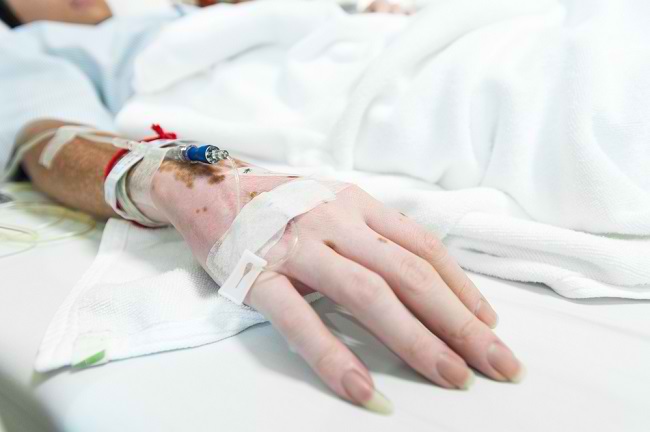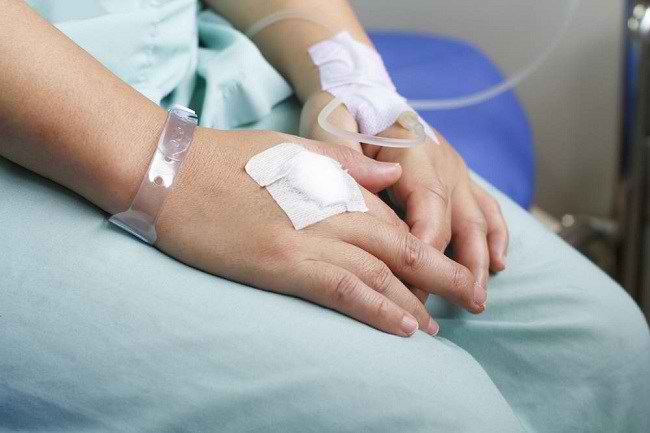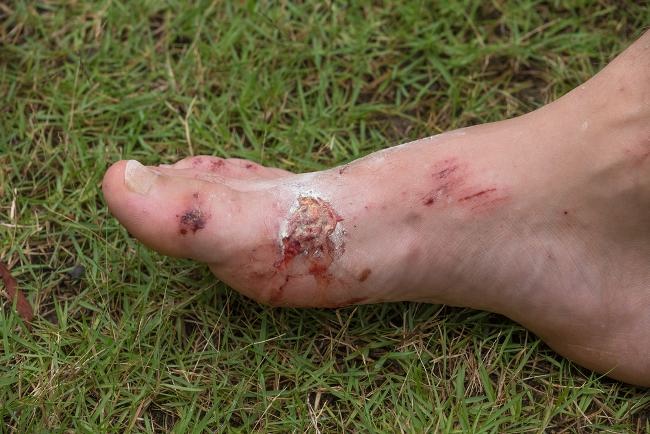Wound healing time in each person is different. This matter depending on the type of wound, the cause wound, as well asisThe injured sufferer suffers from a certain disease.
The wound healing process in the skin follows a stage. Wounds may fail to heal if one or more stages of healing are interrupted. The more diseases suffered and the more complicated the condition of the wound, the longer the duration of wound healing.

If the condition is clean and light, the wound will gradually heal and be covered by skin cells in the 2nd to 4th week.
The wound healing process continues until the 12th week to obtain sufficient skin strength. After that, will form scar tissue or scars. In this area, the strength of the skin can only return to 80% of its original state.
The final process of wound healing is wound maturation. At this stage, the scar will fade slowly. This final process can take several years, depending on the type of wound.
How Does Surgical Wound Heal?
In contrast to minor wound healing, the surgical wound healing process is divided into 3 types, namely:
Primary wound healing
Primary wound healing is the healing of wounds with clean conditions and all layers of skin are covered (after suturing the wound). Primary wound healing takes a short time and leaves only a small scar.
Surgical wound healing in which an incision is made by the doctor during surgery falls into this category.
Secondary wound healing
Secondary wound healing is healing in wounds that are too dirty and take too long. In this condition, the doctor can't do sutures, so the inside of the wound closes but the outside doesn't. This puts the wound at risk of infection.
Tertiary wound healing
Tertiary wound healing is the healing of fresh, dirty wounds. First, the wound will be washed and left open for a while to clean, then the wound will be evaluated in 3-5 days. If there are no signs of infection, the wound will be sutured.
The healing time of the surgical wound depends on the type of wound healing and the patient's health condition. Generally, clean, uncomplicated wounds in children and adults will heal within 2 weeks.
Factors Affecting Surgical Wound Healing
The healing time of a wound can be predicted. However, there are several factors that can prolong the duration of surgical wound healing, including:
1. Dead skin
The presence of dead skin tissue and foreign objects in the wound area will slow down the wound healing process.
2. Infection
When you have an infection in a surgical wound, your body will focus more on fighting the infection than on healing the wound, so wound healing will be hampered.
3. Bleeding
Bleeding that occurs continuously will make the edges of the wound separate and cannot be joined.
4. Lack of nutrition
Lack of nutrition, such as vitamin C, zinc, and protein, can slow wound healing.
5. Certain diseases
Some diseases, such as diabetes, anemia, or a compromised immune system, can slow wound healing.
Flammer syndrome can also make wound healing take longer, due to disruption of blood vessels resulting in reduced oxygen supply to the wound.
6. Smoking
Smoking habits will inhibit wound healing and increase the risk of the wound failing to heal.
7. Dry skin
Wounds are more difficult to heal if the surrounding skin is dry. This is because the various cells involved in wound healing require a moist environment to grow.
8. Overweight
In obese people, fatty tissue under the skin will block blood flow to the wound. This causes the wound to be deprived of oxygen and take longer to heal.
During the healing process of the surgical wound, perform wound care according to the doctor's advice. Some sutured surgical wounds also need to be re-examined by a doctor after some time, for suture removal.
The healing time of surgical wounds can vary, depending on the condition of the wound and the condition of your body. However, if the surgical wound does not heal by the time the doctor predicts, or if the wound opens again and bleeds or festers, you should immediately consult a doctor again.
Written by:
dr. Sonny Seputra, M.Ked.Klin, Sp.B, FINACS
(Surgeon Specialist)









